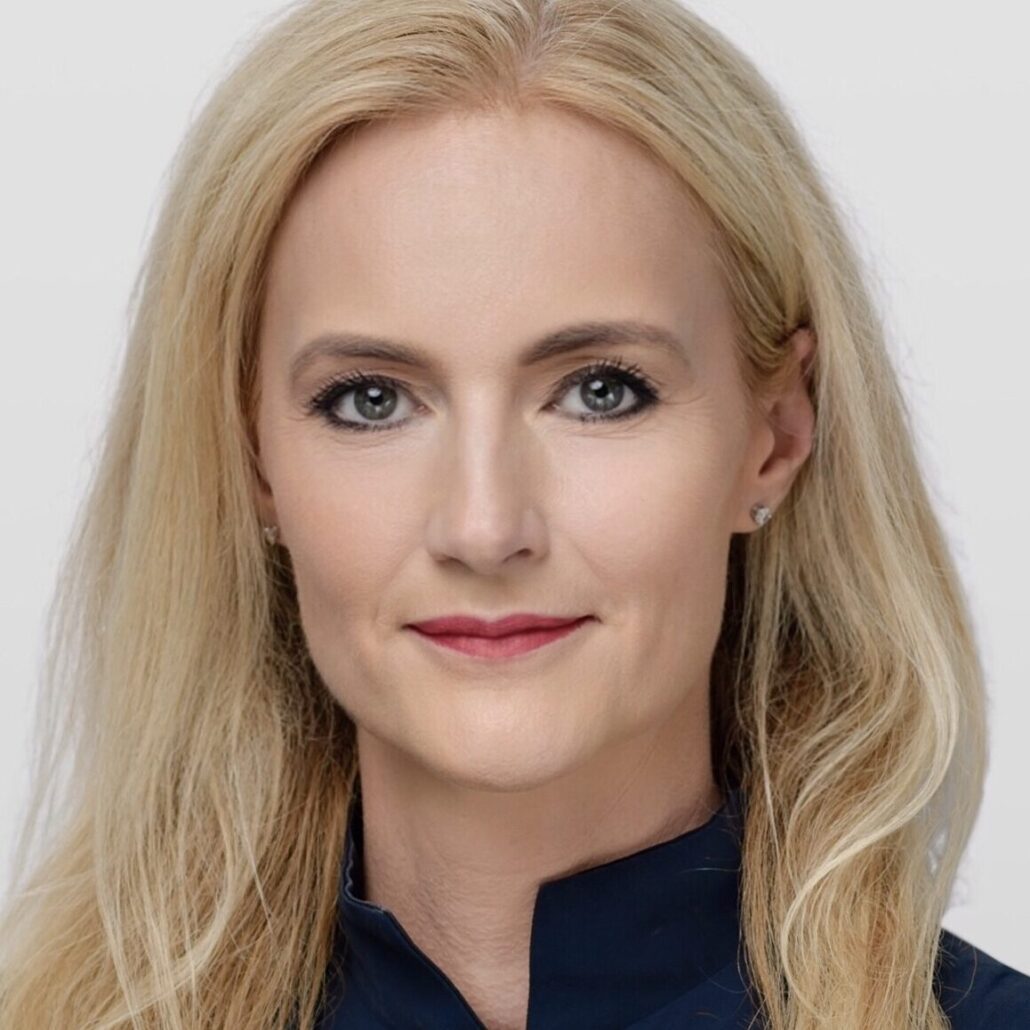
Following Catherine’s appointment as the new director of the Digital Healthcare Council, we asked her some questions about her background, her goals for the DHC and what the current challenges and opportunities for Digital Health are.
You can follow Catherine on twitter here: @c_davies1
And listen to her podcast, the Women in HealthTech Show here.
Can you tell us a bit about your background?
I started my career as a corporate lawyer at a magic circle law firm, then worked as a lawyer at the UK Competition Commission. In 2009 I moved into the healthcare sector where I held executive roles in regulators and was seconded into the NHS. I’ve also held senior roles in consulting firms.
While at the regulator Monitor, I worked on every NHS acute trust merger that took place between 2009 and 2017 and ran complex regulatory investigations into the commissioning and supply of NHS-funded services.
Since leaving NHS Improvement I’ve helped more than 100 innovative companies connect with the NHS as well as advocating for an environment that is conducive to scaling innovation in a publicly funded healthcare system.
I host the Women in Healthtech Show podcast, and sit on the board of the leading Westminster think tank, Reform. I am an expert in residence for the Women of Wearables Network.
What has led you to become director of the DHC?
This is a really exciting time for digital health – the opportunities and challenges have never been greater.
I’ve heard a lot about the difficulties digital health companies face and I also know very well just how much pressure the NHS is under.
In this challenging environment for the NHS – many brilliant digital health companies are really keen to support patients and staff and create a better future.
It is fantastic to have a coalition of those companies to help solve those challenges, and I am thrilled to be able to represent the views of our members to inform the regulatory and policy developments that can help create a thriving digital health eco-system in England.
What, in your opinion, are the greatest opportunities for digital health?
The Covid-19 pandemic forced us to work differently and showed us what was possible. The amount and speed of digital transformation across the NHS was extraordinary and we can now build on that.
On the other hand, what do you think the greatest challenges are?
Scaling innovation across the NHS remains very difficult and costly for innovative companies.
What changes do you hope to see regarding digital transformation over the coming year?
I’d like NHS organisations to tell innovative companies what their strategic priorities are so innovators can respond appropriately. We also need a mechanism for rolling new technologies out at pace if they add value. If a digital healthcare service is working well in one area I’d like it to be easier to roll it out in other areas. And I’d like patients to be able to feed back more on their experiences of digital healthcare.
What do you think needs to be done to ensure the UK is an attractive market for providers?
Making it possible to scale more quickly. Many providers run out of time and or funding and focus their efforts on other markets.
How do you think the development of Integrated Care Systems will alter the digital health landscape for providers?
ICSs create an opportunity for different types of providers to come together to offer thoughtfully joined up solutions to more people.